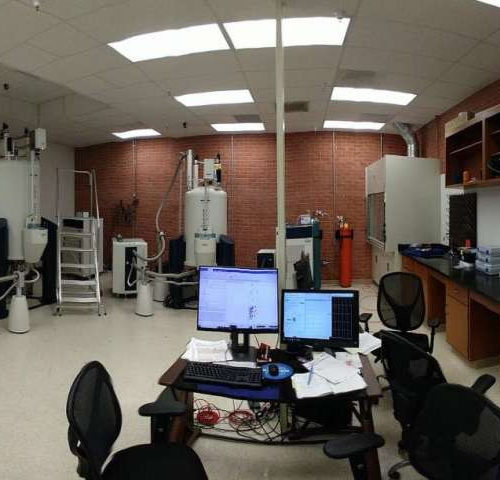Computational models examine how sleep encodes new memories while preventing damage to old ones UNIVERSITY OF CALIFORNIA – SAN DIEGO From lowering your risk of obesity and cardiovascular disease to improving your concentration and overall daily performance, sleep has been proven to play a critical role in our health. In a new study, researchers at...
Tag: <span>Computational simulations</span>
Researchers detangle protein interaction implicated in Down syndrome and Alzheimer’s
by Brittany Uhlorn, University of Arizona The powerful biomolecular NMR spectrometers at the University of Arizona have allowed scientists to gain molecular details of the interaction between RCAN1 and calcineurin, two proteins that have long been implicated in Down syndrome and Alzheimer’s disease. Credit: University of Arizona From the movement of a finger to the...
Adaptive therapy based on Darwin’s evolutionary principles could help fight cancer
by Avni Shah, University of Southern California Computational models developed by USC researchers show adaptively controlling tumor cell populations to keep them in competition can more effectively treat cancer. Evolutionary theory is at the crux of civilization, from the trees that populate our forests to the animals in our backyards. Little by little, over time,...
Designing peptide inhibitors for possible COVID-19 treatments
Scientists across the globe are rushing to find inhibitors of SARS-CoV-2, the new coronavirus behind the COVID-19 pandemic. Some are using computer simulations to identify promising compounds before conducting actual experiments in the lab. Now, researchers reporting in ACS Nano have used computer modeling to assess four peptides that mimic the virus-binding domain of the...
Computational simulations suggest multiple sclerosis is a single disease
The diverse phenotype of Multiple Sclerosis is the consequence of the dynamic damage to the brain. Chronic autoimmune inflammatory damage to the brain produces waves of demyelination (blue line in the graph) and cumulative axonal loss (green line in the graph) in different intensities along time leading to all MS phenotypes. New research supports the...


